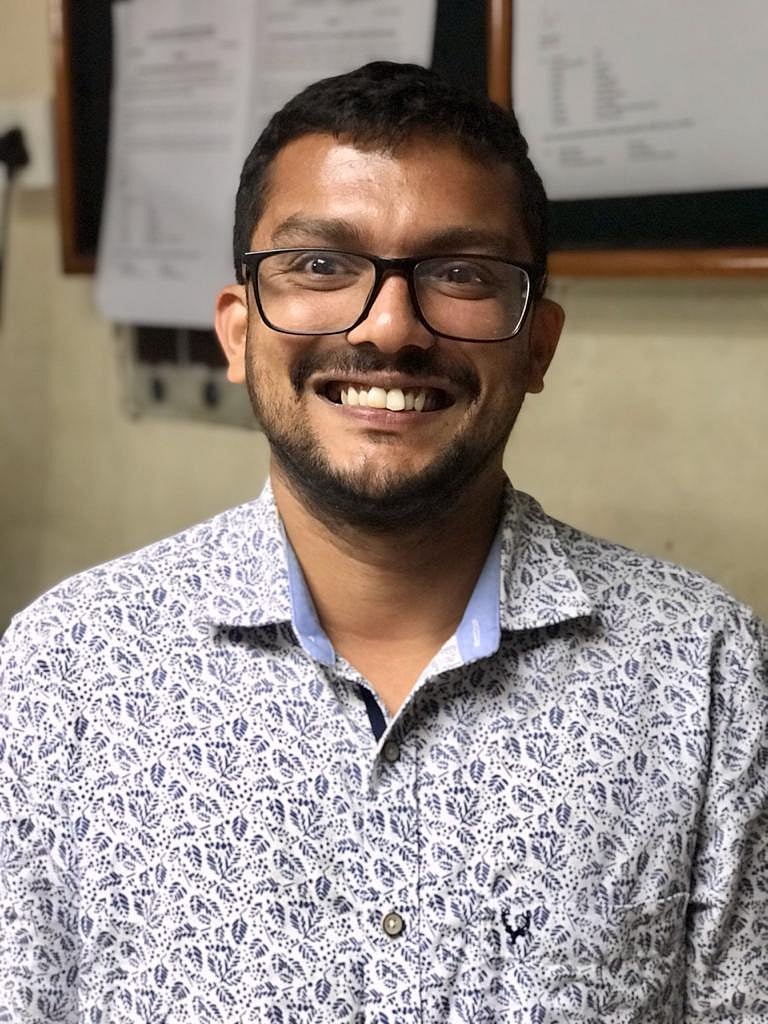Mango town study to unravel secrets behind dementia
A study is being undertaken in Srinivaspura - the Mango Town - in Kolar district for determining causes of dementia. The research, titled SANSCOG - Srinivaspura Aging, Neuro Senescence and COGnition Study is being undertaken by Centre for Brain Research, National Institute of Mental Health and Neurosciences and Devaraj Urs Medical College, Kolar.
Dementia is one among the cognitive changes that affect people as they grow old. But, what triggers dementia, Alzheimer’s disease and other related disorders, prominently among the elderly? Is it caused by genetic or environmental reasons, or is it a combination of both? Is it possible to prevent or delay the onset of dementia in the future?
These are some of the questions being probed by the largest “longitudinal study” in India being conducted by scientists, which will involve a sample size of 10,000 people. The first such attempt conducted pilot study of 1,000 people in its first year. The scientists will recruit 3,000 people this year for the study that hopes to span at least a couple of generations.
Speaking to DH, Prof Vijayalakshmi Ravindranath, Director, Centre for Brain Research said that the study will take decades to complete. “We want to do it for as long as possible in successive generations in order to assess the genetic and environmental factors that cause brain related disorders among senior citizens, she said.
Why Srinivaspura?
Explaining the reason for selecting Srinivaspur, she said that the taluk did not have a migratory population as residents of the taluk worked in mango orchards.
“While the Tata Longitudinal Study of 1,000 people is specific to urban areas, SANSCOG pertains to rural areas and allows us to conduct cognitive tests even among the illiterate population,”
she said.
During the course of the study, the sample population will be subject to several tests, including clinical examinations, psychiatric assessment, cognitive tests, clinical biochemistry tests, genetic study, magnetic resonance imaging and positron emission tomography test, and even the cardiac features of the patient.
“Based on the first year of our study, first set of baseline papers will be published soon,” she added.
Deccan Herald is on WhatsApp Channels| Join now for Breaking News & Editor's Picks
